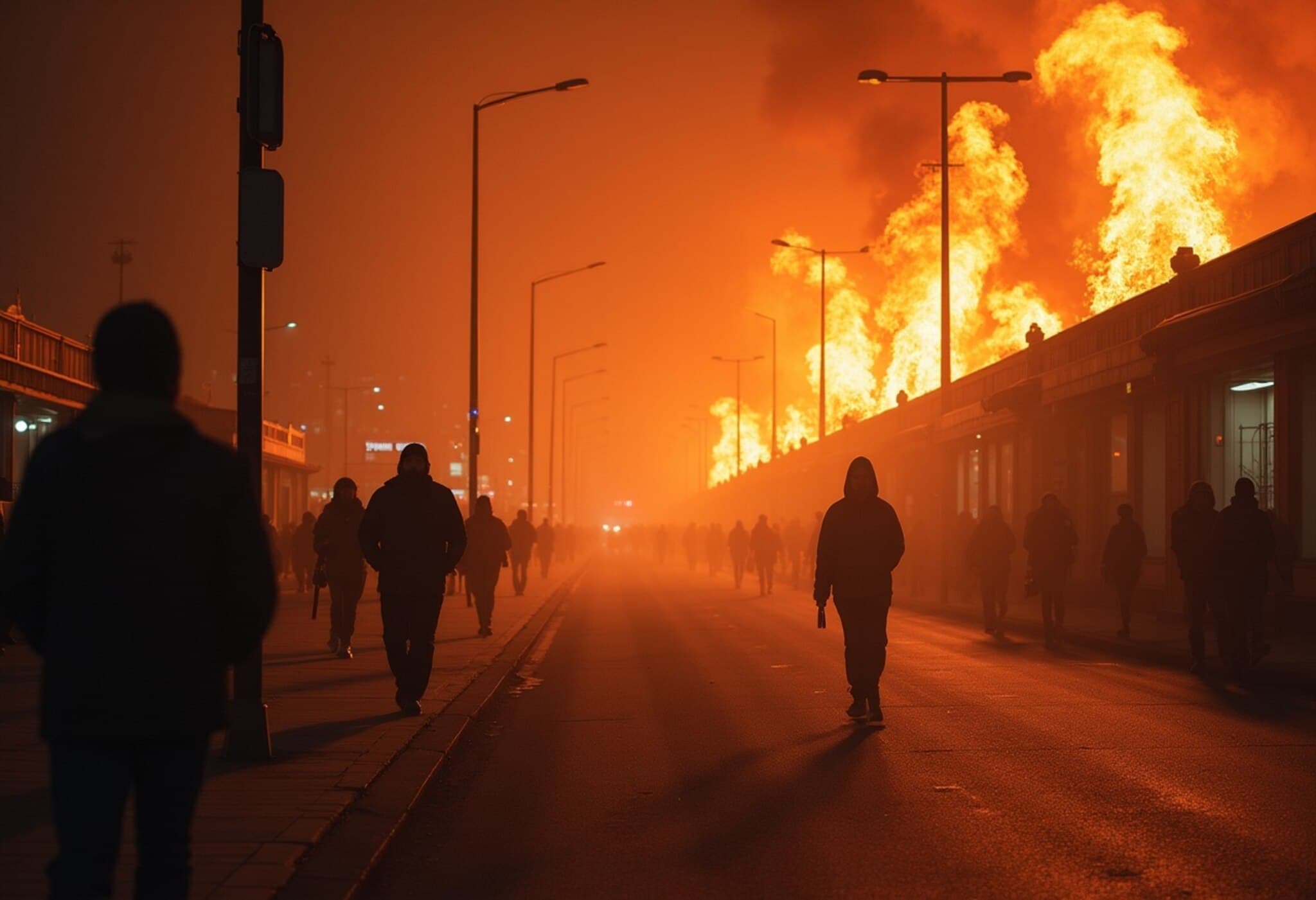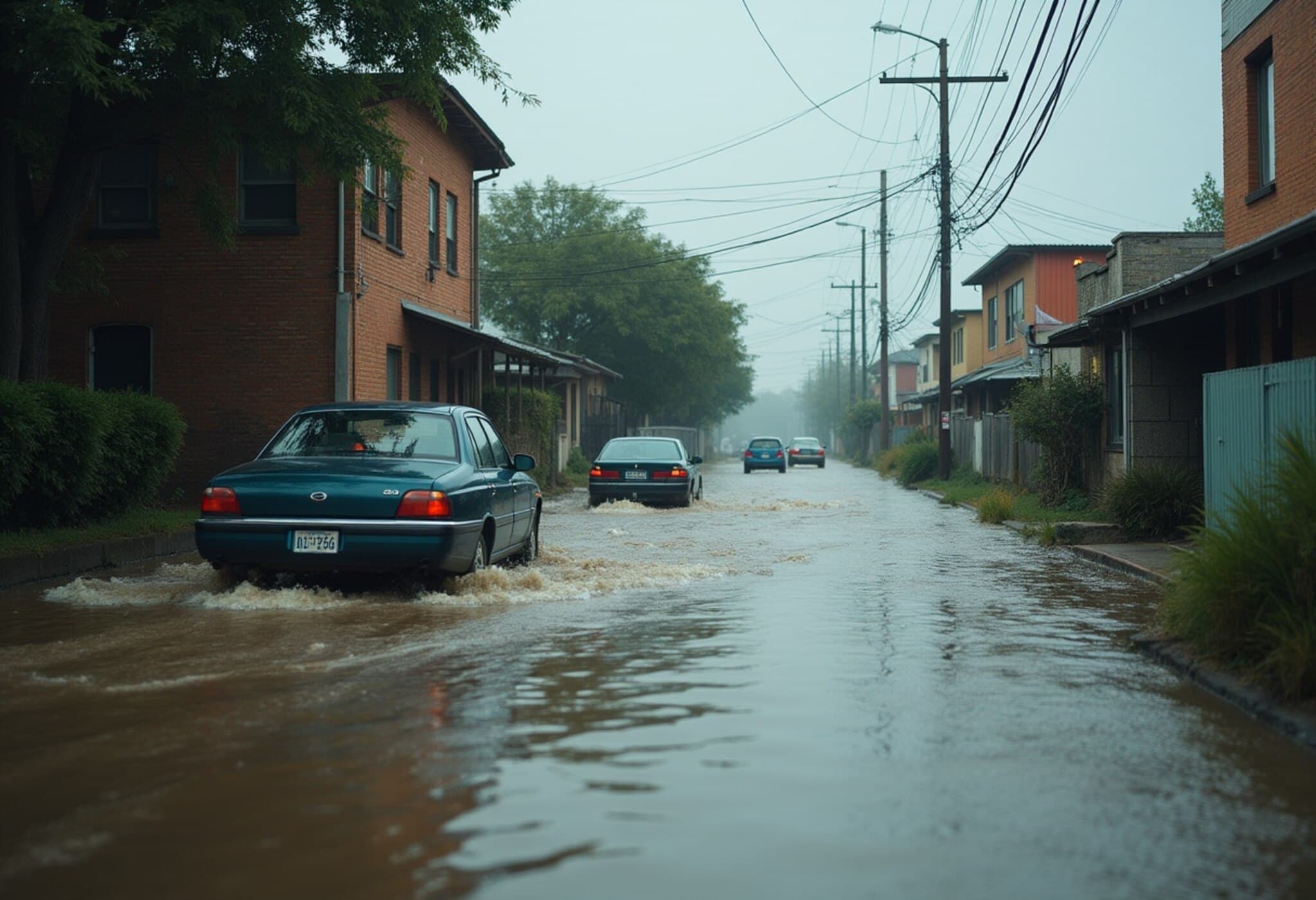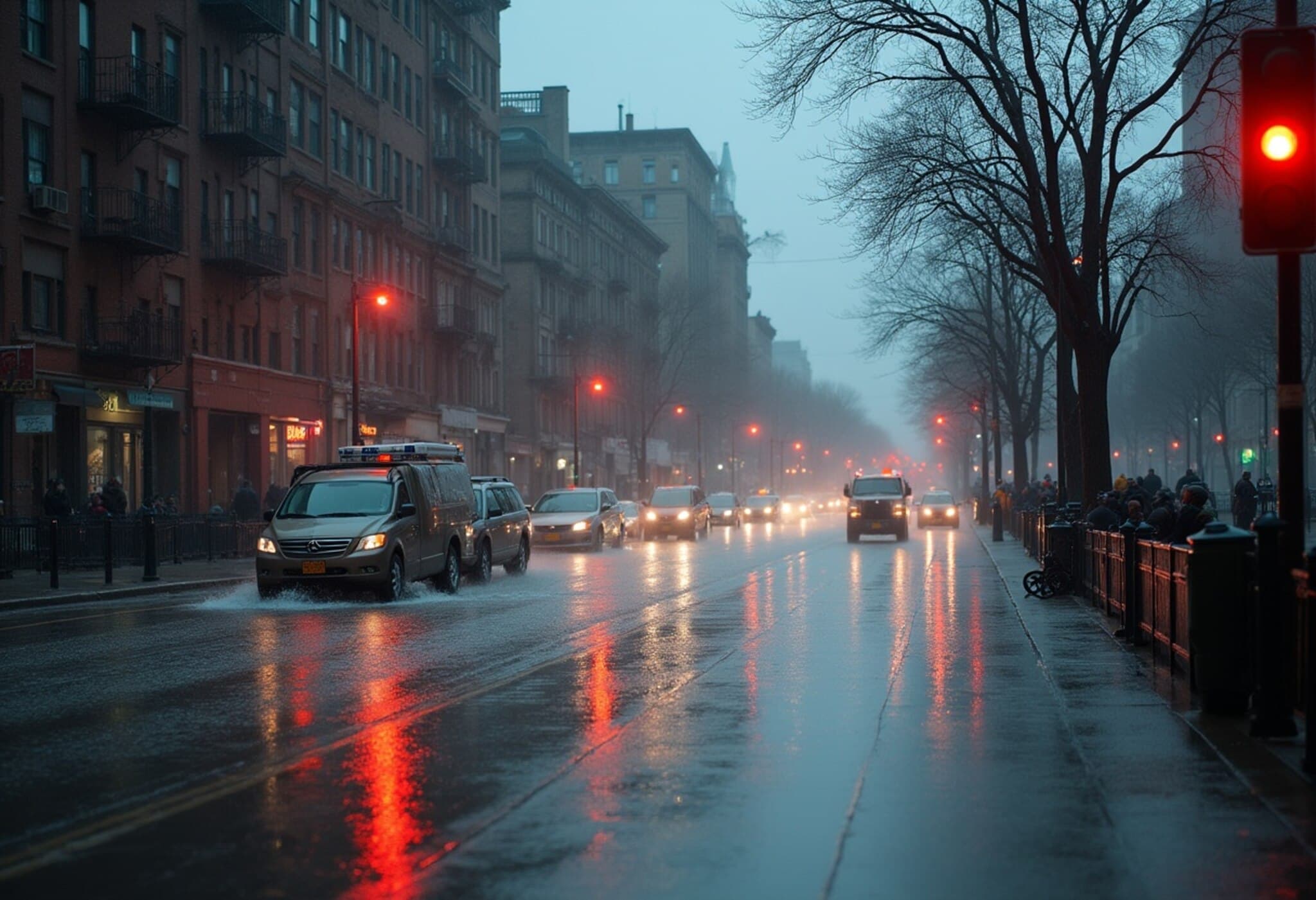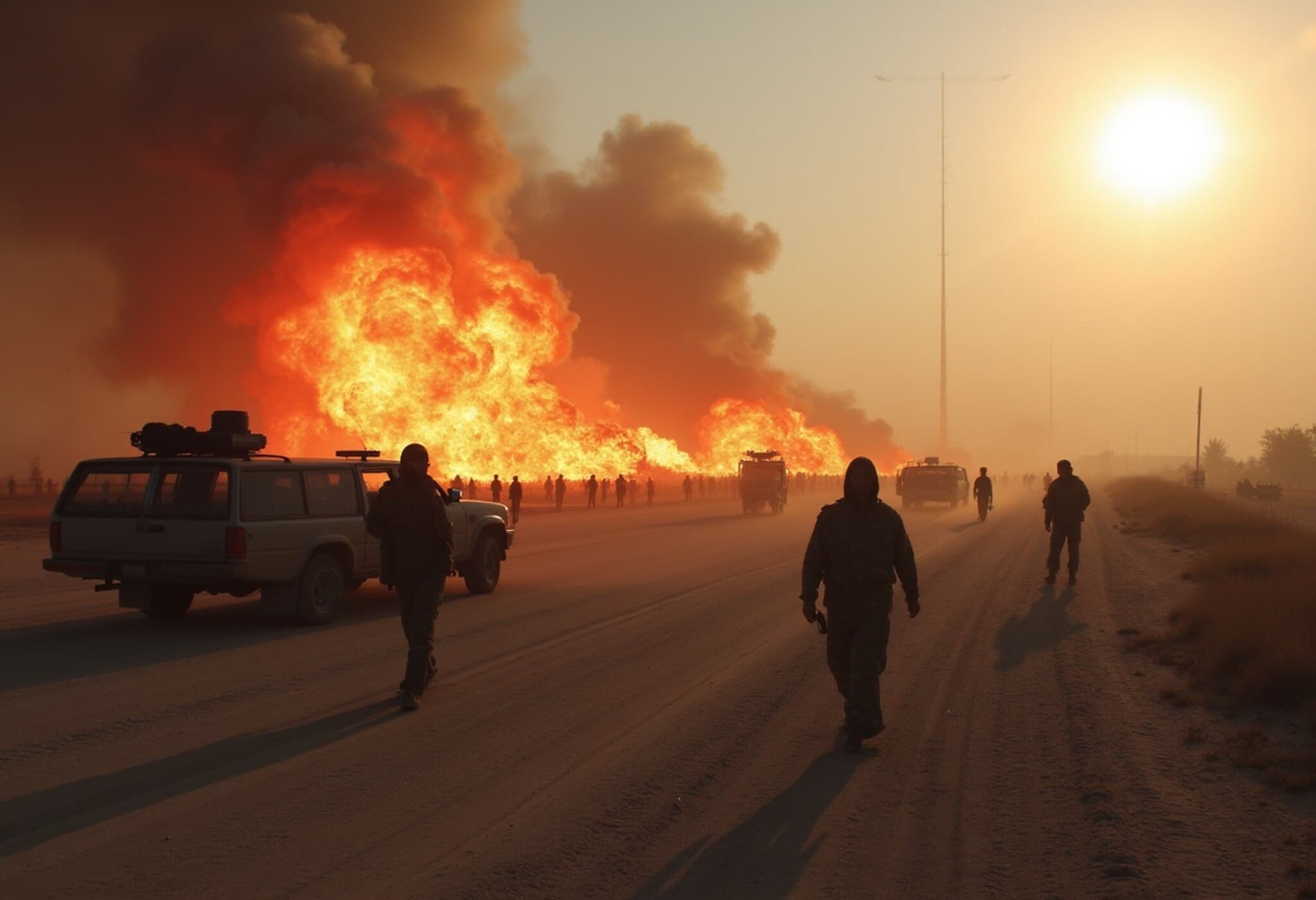Unrelenting Heatwave Scorches Eastern US
The eastern United States is grappling with an intense heatwave, with temperatures soaring and records tumbling. On Tuesday, New York City's John F. Kennedy Airport recorded a scorching 100 degrees Fahrenheit (38°C) around midday, marking the first time since 2013 that the city has reached triple digits.
This sweltering day followed a barrage of heat records on Monday, where 39 locations broke or tied their hottest temperatures. Forecasters warned that tens of millions across the eastern states would face oppressive heat, with several areas expected to set new daily highs. A private meteorologist noted the possibility of temperatures reaching 100 degrees as far north as Maine, an unusual and alarming development.
The Compound Threat of Heat and Humidity
Experts underscore that the danger isn't just the blazing daytime heat but also the stifling humidity, which causes nighttime temperatures to remain uncomfortably high, denying relief to residents during the most vulnerable hours. This relentless combination amplifies health risks and strains daily life.
"It's the layering of extreme heat and humidity without any nighttime cooldown that makes this so impactful," explained a meteorologist from the Weather Prediction Center. "This is a notably intense heatwave with very few breaks."
At the heart of this oppressive weather is a powerful high-pressure system looming over the Mid-Atlantic, effectively trapping heat and moisture near the ground and pushing temperatures upward.
Impact on Daily Life and Health
As New Yorkers braved the heat to head to the polls for the city's primary election, many took innovative measures to cope. In Jackson Heights, for instance, a local supporter equipped with a portable electric fan and spray bottle endured the soaring temperatures while campaigning.
Health experts warn that prolonged exposure to such heatwaves compounds physical strain and can aggravate medical conditions. The sustained energy required to cool homes also results in escalating utility bills.
"Each consecutive day and night of intense heat intensifies the toll on health and finances," noted a chief meteorologist specialising in climate impacts.
Heatwave Disruptions and Emergencies
Transportation systems have felt the weight of the heat, with Amtrak imposing speed restrictions on routes through Washington, Philadelphia, and New York to avoid heat-induced track damage.
Emergency services responded to heat-related incidents as well, including the rescue of two teenage hikers in New Hampshire who were overcome by extreme temperatures and required hospital treatment.
Looking Ahead
With the heat dome expected to peak, residents and officials remain vigilant, balancing the challenges of record-breaking warmth and humidity. This heatwave serves as a stark reminder of the escalating impact of extreme weather events and the importance of preparedness.



















